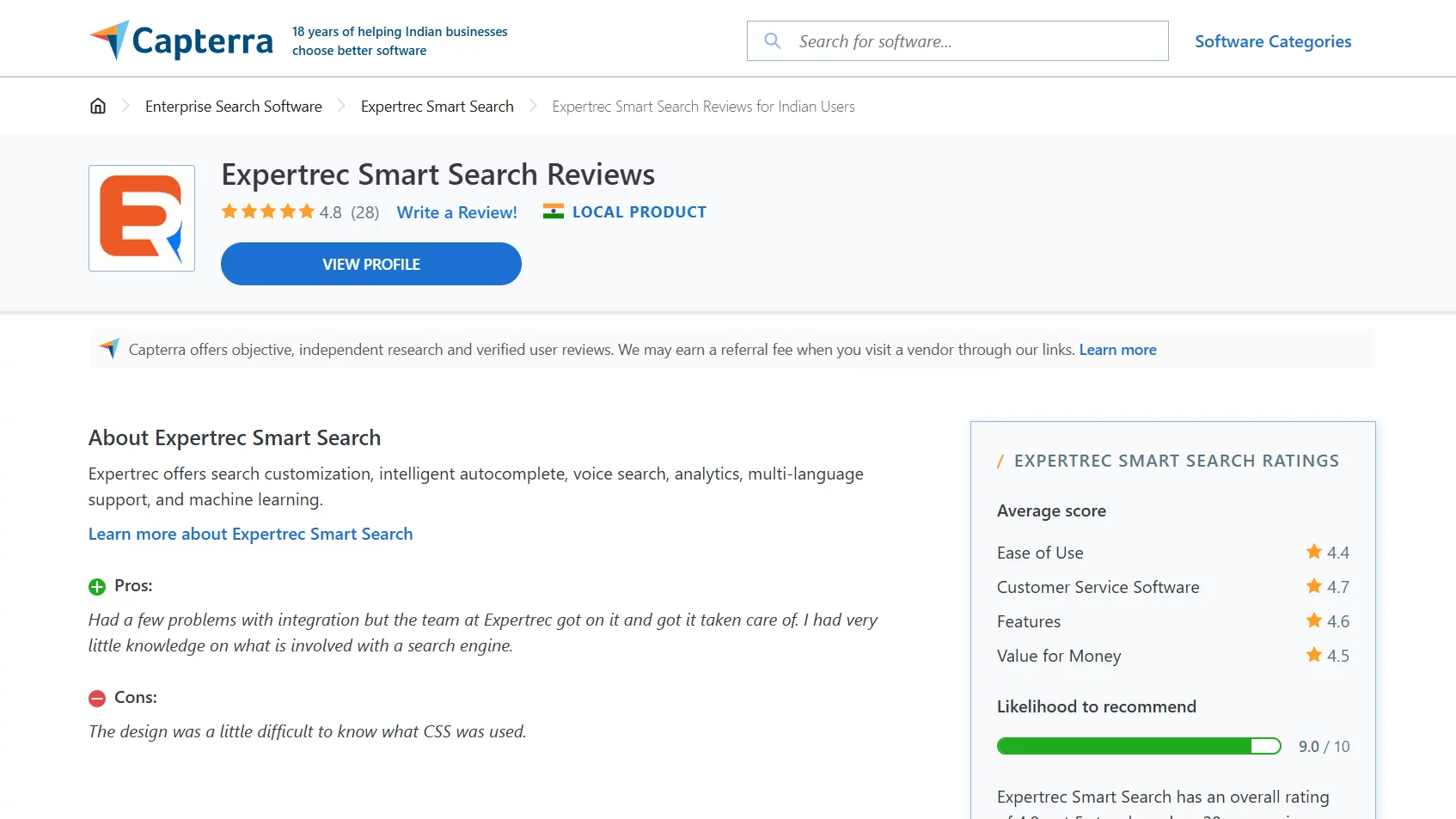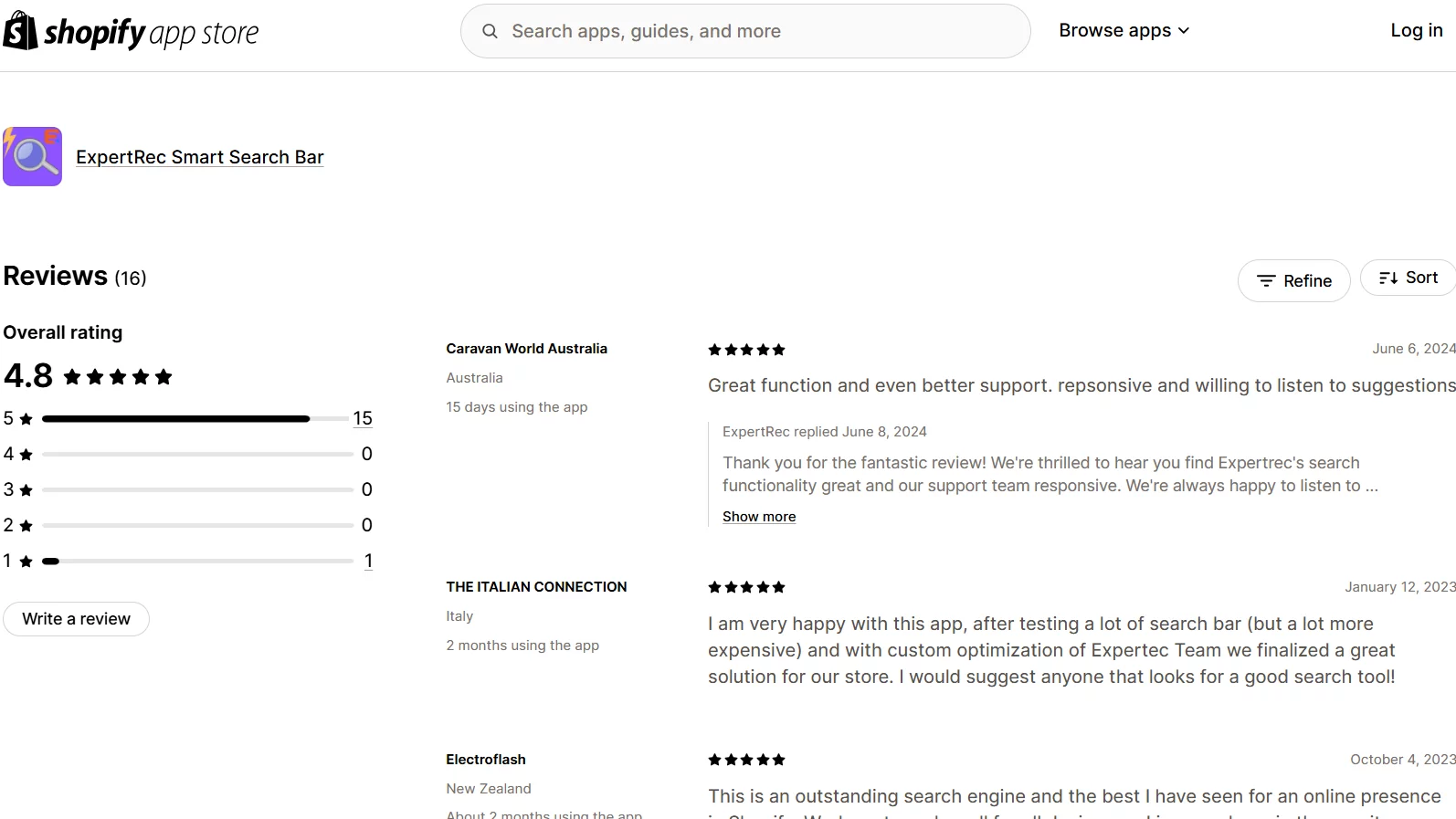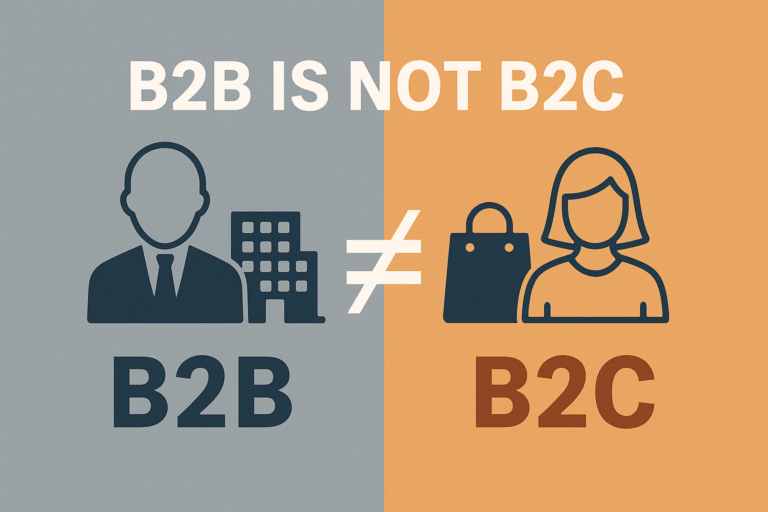Voice search is no longer a futuristic trend—it’s a current necessity. With the widespread adoption of smartphones, smart speakers, and voice assistants like Siri, Google Assistant, and Alexa, voice search is transforming how users interact with online content. For eCommerce platforms, this means a fundamental shift in how products are discovered, searched, and bought.
Unlike traditional typed queries, voice searches are conversational, longer, and often phrased as complete questions. This change in user behavior calls for new strategies in search engine optimization, specifically tailored to accommodate the natural language patterns used in voice queries. For online retailers, adapting to voice search isn’t just about keeping up—it’s about staying ahead, improving discoverability, enhancing user experience, and boosting conversions.
Let’s explore how eCommerce businesses can optimize their websites for voice search and prepare for a future where speaking is the primary way to shop online.
Understanding Voice Search Behavior
Voice search is inherently different from typed search. When typing, users tend to use short, keyword-heavy phrases like “buy running shoes.” But when speaking, the query becomes more natural and complete, such as “where can I buy affordable running shoes near me?”
These spoken queries are:
-
Longer and Conversational: Voice searches tend to be 7–10 words long, compared to 2–3 words in typed queries.
-
Question-Based: Most voice searches start with who, what, when, where, why, or how.
-
Locally Focused: Many voice searches include “near me” or “close by,” making local SEO crucial.
-
Mobile-Oriented: The majority of voice searches are performed on mobile devices, which amplifies the importance of mobile optimization.
Understanding these patterns is the foundation for building a strong voice search optimization strategy.
Optimize for Conversational Keywords
The cornerstone of voice search optimization is targeting conversational, long-tail keywords that reflect how people speak. Unlike generic keywords, these are natural language phrases such as:
-
“What are the best headphones for working out?”
-
“Where can I buy eco-friendly kitchenware in Mumbai?”
-
“How do I return a product after 30 days?”
These questions are more likely to be spoken than typed and help your content align with voice search behavior. To capture voice traffic, your content should mirror these sentence structures and answer specific customer intents directly.
Create Voice-Optimized Content Structure
Search engines favor content that is clearly structured and easy to parse. To rank well in voice search, format your content in a way that allows voice assistants to extract direct answers.
Here are a few best practices:
-
Use Clear Headings: Break content into sections with subheadings that reflect the questions users ask.
-
Answer Questions Early: Provide direct answers at the beginning of a paragraph, ideally within 40–50 words.
-
Utilize Bullet Points and Lists: These are easier for voice assistants to read and relay.
-
Include FAQ Sections: These mimic the exact structure of voice queries and are favored by voice search algorithms.
By making your content more scannable and answer-driven, you increase its likelihood of being selected as a voice search result.
Use Schema Markup (Especially FAQ & Product)
Schema markup helps search engines understand your content contextually. For voice search, the most relevant types are:
-
FAQ Schema: Tagging frequently asked questions allows Google and other engines to serve your content directly in response to voice queries.
-
Product Schema: Includes details like price, availability, and reviews—essential for eCommerce.
-
Local Business Schema: Helps show your business in voice searches involving geographic queries.
Though invisible to users, these behind-the-scenes tags significantly enhance your content’s visibility and usefulness to voice assistants.
Mobile-First and Page Speed Optimization
Most voice searches happen on mobile devices, which means your site must be optimized for small screens and fast loading. A slow-loading or poorly designed mobile experience can deter voice users, who expect near-instant results.
Key strategies include:
-
Responsive Design: Ensure your site adjusts to all screen sizes.
-
Compress Images: Reduce file sizes without losing quality.
-
Use Lazy Loading: Only load content when needed to improve speed.
-
Minimize JavaScript: Excessive scripts slow down rendering time.
-
Prioritize Core Web Vitals: These include metrics like Largest Contentful Paint (LCP) and Cumulative Layout Shift (CLS).
A fast, mobile-optimized experience not only helps with voice search but also improves overall user satisfaction and SEO.
Focus on Local SEO for “Near Me” Queries
Voice search is commonly used for finding nearby businesses. People are increasingly asking devices for local services and stores, such as:
-
“Find a pet supply store near me.”
-
“Where can I buy organic vegetables around here?”
To capitalize on this, eCommerce businesses—especially those with physical stores—should:
-
Keep business listings updated (name, address, phone).
-
Use location-specific landing pages.
-
Mention nearby landmarks or neighborhoods in your content.
-
Encourage customer reviews to boost local credibility.
Optimizing for local SEO ensures your brand appears when users search for geographically relevant products or services.
Embrace Natural Language in Content
Traditional SEO often relies on keyword repetition, but voice search favors natural language. Your website’s content should reflect the way people actually talk. This means using complete sentences, question formats, and everyday language.
Instead of “buy running shoes,” use “What are the best running shoes for beginners?” This style not only appeals to voice queries but also improves user engagement by sounding more human and relatable.
Writing in a conversational tone, like you’re answering a friend’s question, helps your content align with how voice assistants interpret search intent.
Build Comprehensive FAQ Pages
An FAQ page is a goldmine for voice search optimization. It directly addresses common customer questions in a format voice assistants prefer.
To create an effective FAQ section:
-
Identify real customer questions through support tickets, search queries, and social media.
-
Keep answers concise but informative.
-
Tag each Q&A with appropriate schema.
-
Update FAQs regularly with new queries.
These pages not only serve voice search but also improve user experience by offering immediate answers.
Track, Analyze, and Optimize
Voice search optimization is an ongoing process. Monitor how users engage with your voice-optimized content and make data-backed adjustments.
Track metrics like:
-
Bounce rate on mobile devices
-
Traffic from long-tail queries
-
Conversion rate from voice-search pages
Use A/B testing for different FAQ formats or call-to-actions and continuously refine your content strategy based on performance.
Why ExpertRec is Perfect for Voice Search Optimization
ExpertRec offers a voice-ready, AI-powered site search engine designed for the future of eCommerce. Its technology understands spoken queries as complete sentences rather than fragmented keywords. This means when users ask, “Show me jackets under ₹3000 available in Delhi,” ExpertRec parses the intent accurately and delivers relevant results instantly.
Key benefits include:
-
Autocomplete suggestions in under 100 milliseconds.
-
Full support for natural language and question-based queries.
-
An easy-to-use dashboard for managing voice-specific keywords and FAQ schemas.
-
No need for external plugins or manual configurations.
With ExpertRec, your store becomes not just search-friendly, but truly voice-friendly—capable of turning spoken queries into seamless, high-converting shopping experiences.


Shopify Reviews on Expertrec
Conclusion
Voice search is transforming the way people shop online. It’s fast, convenient, and increasingly preferred by users across all demographics. For eCommerce businesses, this evolution represents a powerful opportunity to reach high-intent customers through natural, conversational content.
By optimizing for long-tail, question-based keywords, structuring content for featured snippets, improving mobile speed, embracing schema markup, and enhancing local SEO, you can make your website voice-search ready.
ExpertRec empowers this journey by offering an intelligent, voice-optimized search engine that understands how people speak—not just how they type. As voice commerce continues to rise, choosing a solution like ExpertRec ensures you stay ahead of the curve and convert voice queries into real sales.
Frequently Asked Questions (FAQs)
Voice queries are conversational, longer, and shaped as full questions, unlike concise typed keywords .
Why focus on long-tail keywords?
They align closely with how people speak, face less competition, and make ideal targets for rich snippet placement .
What content format helps capture voice?
Short question-and-answer sections with conversational tone, bullet lists, and clear headings—structured for easy comprehension and snippet selection .
Is schema markup essential for voice SEO?
Not mandatory, but strongly recommended—it helps search systems understand your content structure and enhances snippet eligibility .
How important is mobile speed?
Critical. Slow, non-responsive sites lose voice users quickly and fail in Core Web Vitals tests
What local factors matter most?
Nearby searches depend on accurate Google Business Profiles, consistent NAP data, local keywords, and solid customer review profiles
Will FAQ pages improve voice performance?
Absolutely. They align perfectly with voice query patterns and are easy to tag with schema markup
Does optimizing for voice help overall SEO?
Yes—voice best practices (structure, speed, conversational tone) benefit text search visibility too




